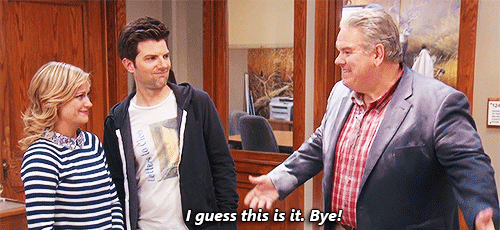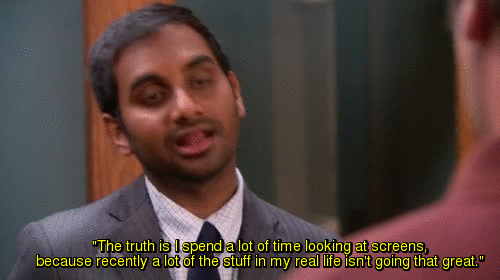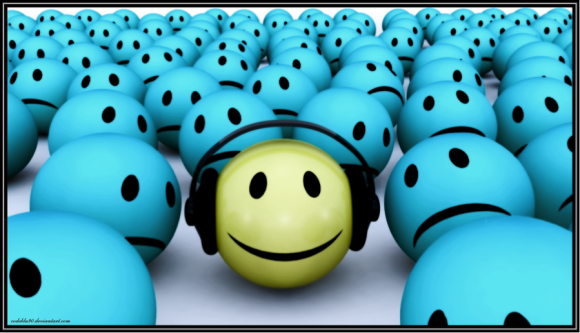Close your eyes and try to picture what makes you happy.
Most people picture a place, a time, a moment, or a person, but there are millions of things that bring us momentary joy. Listening to a song can make you smile, watching a movie can bring you to tears of laughter, and binge streaming Netflix shows. If these things make you happy, go enjoy them. But, everything in moderation.
Many people feel like they aren’t in control of their emotions, especially their happiness.
I’m gonna leave you with some really simple tips that people often forget can be really effective, basically a hodgepodge of everything I’ve written so far this year.
Don’t be afraid to look silly. You will miss out on so much if you care about what every single person around you thinks.

Get eight hours of sleep, if you can. You’ll wake up refreshed each morning instead of dreading to get out of bed.

If something made you smile, write it down! Good memories are never a bad thing. I write down good days on pieces of paper and put them in a jar in my room. At the end of the year, my family dumps all of our good memories out and reminisce. It’s the best way to go into a new year.
Compliment people if you think they look good! They’ll feel better, and you’ll feel better for making them give you that bashful grin (But don’t over-compliment).

Savor things that you enjoy. Live in the moment. I’m a prisoner to my iphone as well, but if something’s beautiful and you want to really remember it, it’s harder to remember it when you only saw it through a screen…


It’s ok to ask for help! We are only human. We all need to be picked up when we fall down sometimes. Help is a good thing, it helps us grow.

Drink more water!!! Everyone forgets to hydrate themselves sometimes but on a daily basis you should be having minimum five cups of water a day. It’s important. You’ll have less headaches, feel more awake, and typically feel all around better.

Don’t be afraid to eliminate things that are toxic from your life; whether it be a class, or an activity you do that is no longer compelling for you, or long-time friend, it isn’t selfish of you to decide that you are better off without said toxin. 
And if you think something new will interest you and make your brain light up like a million fireworks, do it!! Don’t be afraid to try new things.

A few friends of mine have given me a couple of apps and websites that [claim they] lead to being happier! I’ve tried a few and really think they have the potential to help anyone struggling with getting a grasp on their emotions.
Websites:
Happify: a website (and an app!) that after an initial quiz, puts you on a track to become happier if you follow their games and activities each day.
Apps:
Stigma (free): Rediscover yourself with the world’s most popular personalized journal.
Owaves (free): a fun, easy and VISUAL way to plan meals, exercise and sleep into your day
Hope you enjoyed my weekly rants and spontaneous research on different aspects of your daily lives that may (or may not) affect how happy you are!! I’ve had such a great time writing these each week and questioning how to better my daily activities. Hope you liked my ridiculous amounts of Parks and Rec gifs (and no I don’t have these all on my computer, use giphy it’ll change your life).
Signing off for the last time, bye bye Passion Posts!








 I sign this post off sick and exhausted. Hope everyone gets a great night’s sleep tonight!!
I sign this post off sick and exhausted. Hope everyone gets a great night’s sleep tonight!!



















